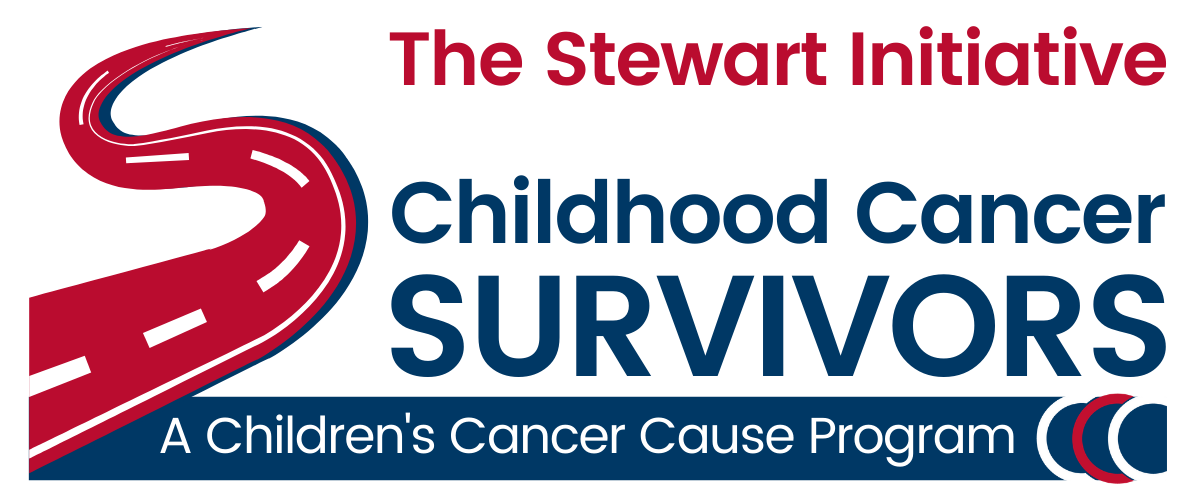Over 70% of survivors we surveyed in 2023 rated a fear of relapse or second cancer as one of their top three health concerns.
“Relapse is a constant thought in my head and every little thing that happens to me (ie a new pain) I jump to it being related to cancer or treatment even if it has nothing to do with it.”
“Nearly 7 years post remission, I have that fear of my cancer recurring. That fear is with me every time I have a new pain, every time I get sick, and every time I feel "off" in any way. That fear never leaves, and it affects the way I approach healthcare for myself.”
“Even though I’ve been out of treatment 10+ years, I worry every day that it is going to come back.”
"I get very anxious if I discover something new, like a mole, bruise, or leg pain. There is always this constant fear that instantly goes to the scary place of relapse."
About relapse or recurrence
Sometimes a relapse of your original cancer occurs shortly after treatment ends (“early recurrence”), which is why survivors just off of treatment are monitored so closely — to ensure that no lingering cancer cells survived and, if they did, to catch and treat them quickly. The odds of relapse vary widely depending on the type and severity of your cancer and the type of treatment you received. Relapse rates are higher for children living in a poor socioeconomic status.
The conventional wisdom is that if relapse doesn’t occur within the first five years post-diagnosis, it’s unlikely. This is one reason so many consider the five-year survival mark to be such an important milestone.
If you relapse more than five years after diagnosis, this is called a “late recurrence.” According to data from the Childhood Cancer Survivor Study, 4.4% of childhood cancer survivors who remained cancer-free for the first five years after diagnosis experienced a relapse by the ten-year mark and 6.2% experienced a relapse by 20 years. The highest rates of late recurrence within 20 years were seen in survivors of Ewing’s sarcoma (13%) and astrocytoma (14.4%). It’s important to note that this data comes from survivors who were treated between 1970-1986, and we know there is an improvement in long-term survival for those treated in more recent decades.
About second cancers
Some survivors are at greater risk of a second (new and different) cancer than others. The COG page on second cancers includes risk guidance around certain chemo agents and radiation therapies.
A large follow-up study of pediatric cancer survivors found that almost 10% developed a second cancer (most commonly female breast, thyroid, and bone) over the 30-year period after the initial diagnosis. The Children’s Cancer Cause Annual Survivor Survey backs this up, with 12% of survivors reporting that they’d received a second cancer diagnosis.
If you are at high risk of a second cancer, more frequent screening may be recommended. Watch for symptoms like easy bruising, lumps, changes in moles, blood in the stools or urine, changes in vision, and persistent cough, headaches, or vomiting.
To lower your risk of second cancer - or to ensure that unavoidable second cancers are caught early - stay on top of your long term follow-up care and maintain a healthy lifestyle. Wearing sunscreen is a good place to start: According to the Children’s Oncology Group, one of the most common second cancers among childhood cancer survivors is skin cancer.
A 2015 study analyzed childhood cancer survivors in their fifth and sixth decades of life, finding that survivors over age 40 had a more than two-fold increased risk of developing a second cancer compared to the general population. More than two-thirds of these cancers were non-melanoma skin cancers.
-
In our surveys, most survivors report at least one healthy form of coping with their fears of relapse, from exercise (42%) to counseling sessions with a mental health professional (29%). Survivors also report taking comfort in being proactive with their health: 4 in 10 survivors say that focusing on healthy lifestyle choices and strict adherence to follow-up care recommendations helps them cope with anxiety about relapse. One in four report taking prescription medication to cope with their anxiety.
Troublingly, 11% of respondents in our 2022 survey selected just one answer: “I’m not doing anything to cope with my anxiety.”
Recommended resource: How adolescent and young adult cancer survivors can cope with the fear of recurrence (Cristiane Decat Bergerot, PhD, Nov 2022).
Sarah Rostock, 33, is a two-time childhood cancer survivor and stem cell transplant thriver. Read her guest post on the Children’s Cancer Cause blog here.



